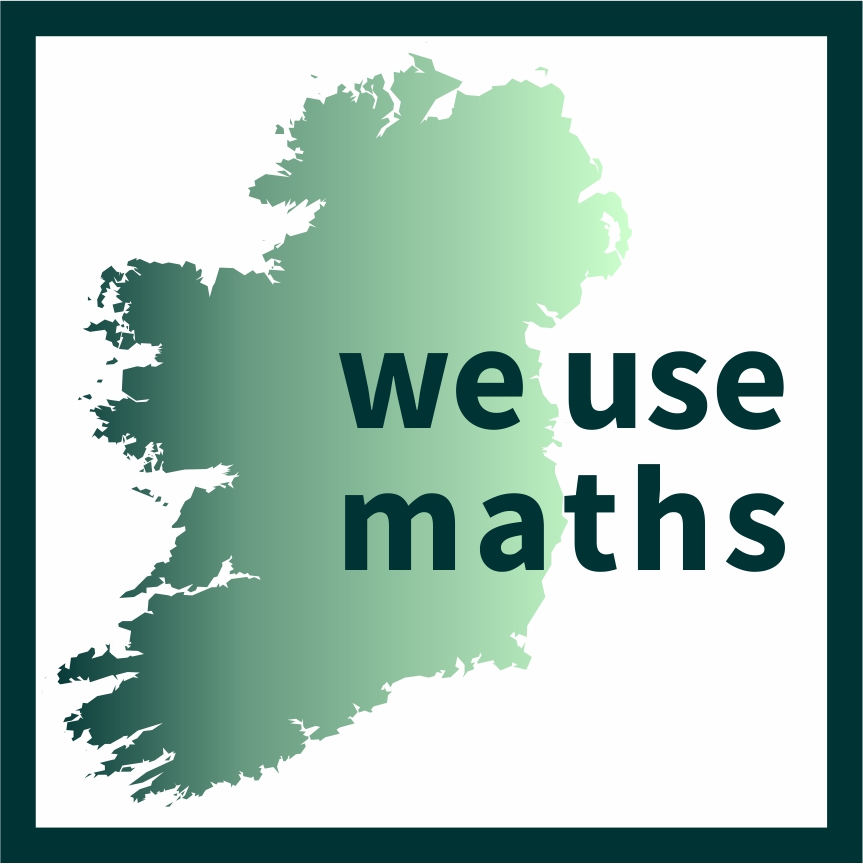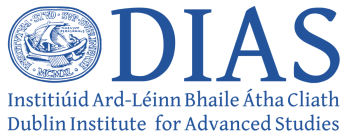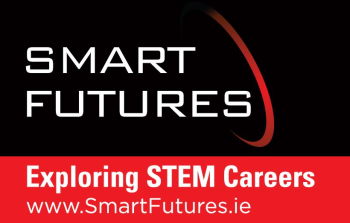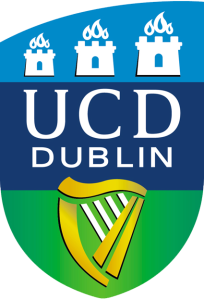Cian O’Mahony:
Food and Cosmetics Industry
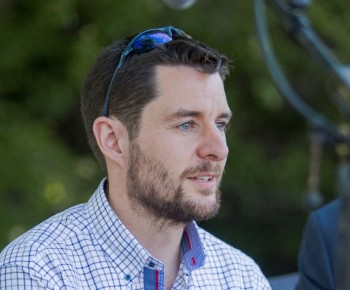
Your name?
Cian O’ Mahony
Your job title?
Head of Expert Modelling and Statistics at Creme Global
What are the main tasks and responsibilities?
I lead a team of mathematical modellers and statisticians who carry out data analysis and develop predictive models for the food and cosmetics industries.
Describe a typical day?
When I am in the office, I meet with my team ever morning to check-in, discuss what projects they are working on and if they are having any issues and encountering technical difficulties. In the afternoons, I often have project teleconferences or webinars. I travel quite a bit across Europe, the US, and the Middle East, so when I’m travelling nothing is ever routine.
What do you find most interesting ?
The variety. Every day is a challenge and presents different problem. My favourite thing about my job is when I or someone on my team encounter a technical challenge no one has ever faced before and we have to go into a meeting room, stand in front of a whiteboard, and brainstorm solutions.
What’s not so cool? What are the main challenges?
Admin! In any job, particularly in management, there is an inevitable administrative workload (timesheets, HR, reporting etc.). I have little interest in that type of work, but I see it as a necessary evil to keep everything running smoothly.
How do you use mathematics within your job?
At Creme Global, we specialise in what we call predictive intake modelling. So, we seek to assess or predict to what extent products and foods are impacting consumers, both from a risk and benefit perspective. So, if you wanted to know how much chemicals, nutrients or bacteria are getting into people’s bodies from their diet or their use of consumer products, we can figure that out using big data sets, mathematical modelling and high performance computing.
What type of mathematics do you use to solve problems?
Calculus (mainly ordinary and partial differential equations, integration, numerical methods) and a lot of statistics (probability, regression, Monte Carlo simulation, and data fitting).
Who or what has most influenced your career direction?
My father initially. He was a guidance counsellor and a maths teacher who told me to do what I like and keep my options open. Then, it was my lecturers Alexei Pokrovskii and Jim Grannell who taught me mathematical modelling in my first year at UCC, which made me realise I could go into any field of science as a mathematician, quickly arrive at the frontiers of knowledge and do something that adds value to the field.
Does your job allow you to have a lifestyle you are happy with?
Of course, I wouldn’t do it otherwise. The travel can be a bit of a pain as I enjoy surfing and play a lot of music, so I do my best to try and balance those. In terms of career progression if you are an expert in a field of science and a mathematician, you are always in demand. Couple that with working in a young growing company, and the future looks exciting.
Questions about education and training
I did what enjoyed, so for my Leaving Cert I chose maths, physics, geography, technical drawing, English, Irish and French. I was a nerd who liked all my subjects a lot, but I think I got the biggest kick out of maths and physics.
What is your education to date?
I went to school in Coláiste an Spioraid Naoimh in Bisopstown Cork, and from there did a BSc in Mathematical Sciences in University College Cork and an MSc in Applied Mathematics and Pharmacy by research. I always had multiple interests, so my choices were always governed by what I enjoyed and what kept my options most open. Mathematics ticked all the boxes!
What aspects of your education have proven most important for your job?
Having a degree in maths means you have a well trained brain, with good analytical and problem solving skills. Doing modules in programming in college meant I could put those skills to practical use. Doing a ppostgraduate course in another science thought me how to interact with other scientists and how to do research on my own.
Did you like maths at school?
I did higher level mathematics and physics in school purely because I liked them. When I started higher level maths for my Leaving Cert I found it extremely difficult, and I failed my first exam. Eventually I became good enough, but never top of the class. With hard work and perseverance I was able to excel, enjoyed them greatly, and so I chose Mathematical Sciences at UCC.
What aspects of the mathematics curriculum or mathematics courses have proven most important for your job?
Calculus always comes in handy. Anyone who thinks differentiation is just about maximising the area of field is looking at it from a very narrow perspective (I have heard teachers say this and it worries me greatly). Statistics is my bread and butter and as someone who specialised in pure and applied mathematics, I wish I had studied more stats. Luckily though, my degree allowed me to cover a bit of everything.
What other skills do you think someone should obtain if they wanted to pursue your career?
Learn to program, learn to program, learn to program. Learn to manipulate data, learn what programming languages exist for mathematics, learn to code, learn about technology. ALL mathematics outside of academia takes place on computer at some point, so you just have to come to grips with that.
What advice would you give to someone considering this job?
For my job, you need to be an all rounder. You need to be able to understand the mathematics, the science, the domain, be able to understand and communicate with people, to be able to lead and manage a team, and be actually interested and stimulated by everything on that list. That being said though, there is always a demand for someone who specialises in any one or two of those skills, allowing them to become an expert in that area.
What kinds of work experience would provide a good background for this position?
Get an internship in a company, university or research institute that does something you are even vaguely interested in. And look after your social life! Develop social skills and do things with people that have nothing to do with mathematics; it’s healthy and will help you develop into a more rounded person.
